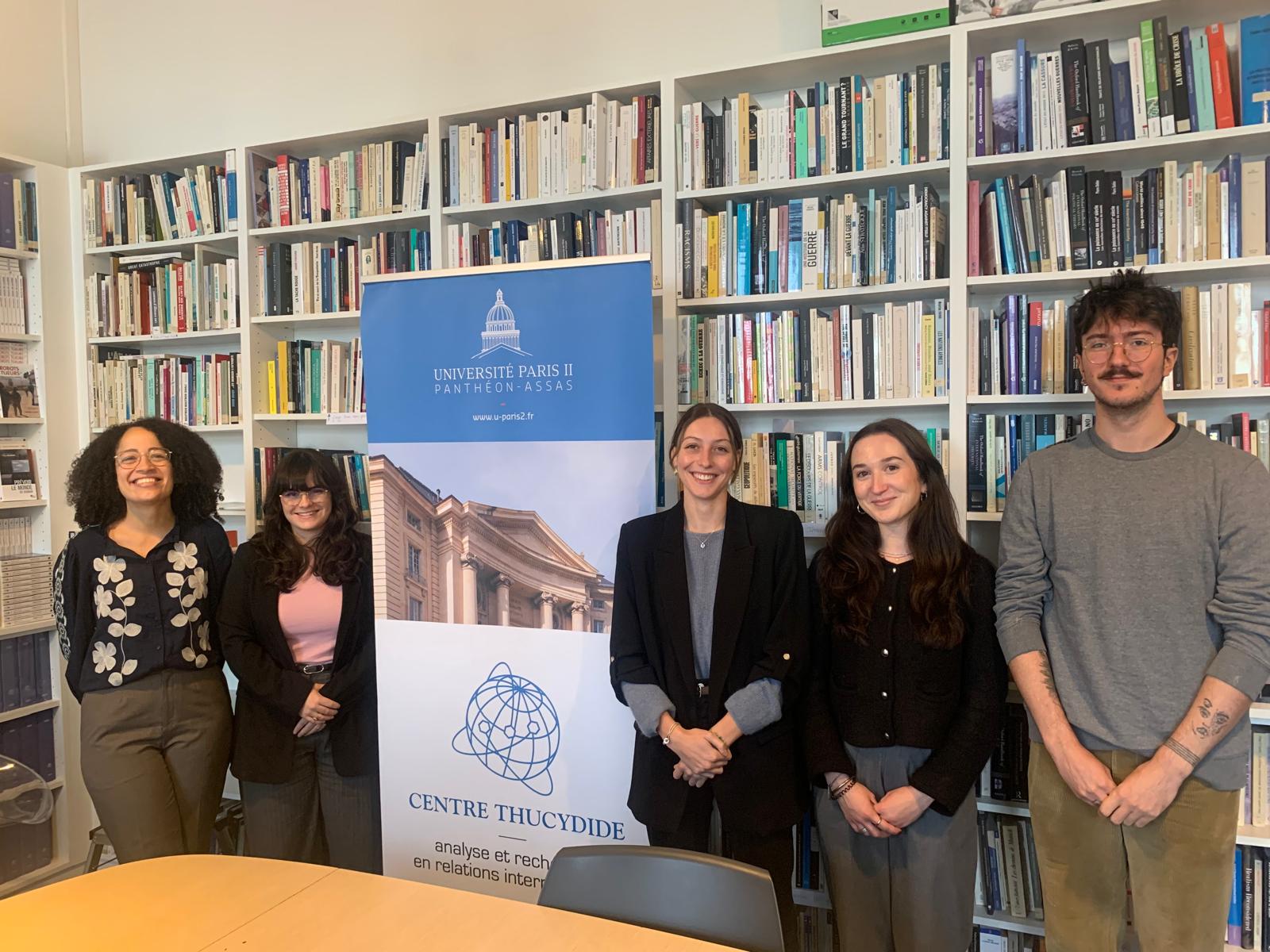The European elections in June 2004 : European and French
In June 2004 the political context seemed adequate to make the European elections an important political event in France and in Europe. They took place just after the widening of the European Union with the addition of ten new states, while fierce public debates were going on about the Turkish application and the Constitution project drafted by the European Convention. In France, the creation of regional constituencies was decided in 2003 to improve citizens’ interest for this ballot. However, the poll turnout was lower than ever in all member states. In Central and Eastern Europe, where the citizens where called for the first time to European elections, abstention was especially high. Many «Eurosceptics» were also elected and 19 governments out of 25 found themselves sanctioned by their voters. This paper proposes a comprehensive assessment of the 2004 European elections, with specific attention to the French case. Are European polls doomed to remain «second orders elections», or a kind of referendum on governmental action? Did the reform of French election rules produce an effect on its influence in the European Parliament and on French MEP’s behaviour? – Summary AFRI-2005




![[Table-ronde de rentrée] Bilan et perspectives stratégiques 2023-2024](https://www.afri-ct.org/wp-content/uploads/2023/10/53203474404_34af8fbdb3_o-scaled.jpg)
